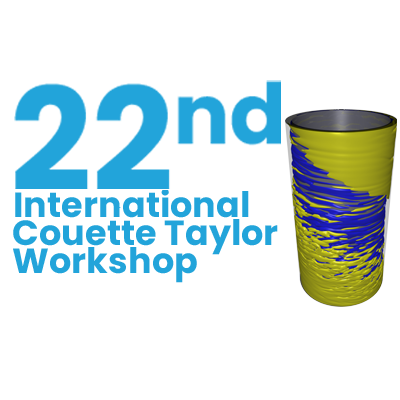
Heat transport and friction losses in rapid rotating electrical machinery
Please login to view abstract download link
Thermal management is one of the key issues for electrified aircraft engines considering the environmental conditions, which vary significantly throughout the flight mission, as well as the stringent performance and safety requirements. A considerable amount of energy is converted into heat within an electric propulsion system by components of electrochemical conversion such as batteries or fuel cells, but also power electronics and electric motors. All of these components are highly sensitive to temperature gradients. The cooling of electric motors plays a crucial role in enabling electrified aero engines, as the gravimetric power density of the motor is highly dependent on the operating temperature. Beside pure air, other viscous and dense fluids or even multiphase sprays are conceivable to be used. Here the enthalpy of evaporation has the potential to significantly increase the power density of the electric motor. However, the effect of a dense fluid in the rotor-stator gap on the overall performance remains an open question to be addressed. The flow between concentric cylinders is well known as Taylor-Couette flow. At rapid rotation, the centrifugal instabilities and turbulent motions could improve the heat advection inside the gap. In contrast to that, an increase of the torque losses of the rotor \cite{Merbold2013, Froitzheim2019} is expected. This could, on the one hand, increase the heat flux out of the system and on the other hand significantly reduce its efficiency. How cooling fluid pumped axially through a rapidly rotating Taylor-Couette system (see Figure \ref{sketch}) affects both the heat transport as well as the friction losses inside an electric machine is investigated in this work. The influence of liquid coolants and multiphase sprays affecting the friction losses of the rotating machine is addressed. Methods to increase the heat transport and prevent high friction losses are designed and tested.

